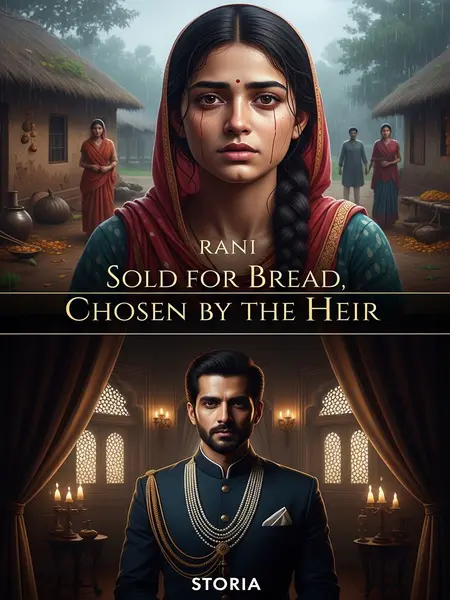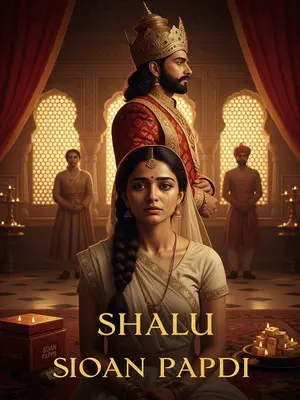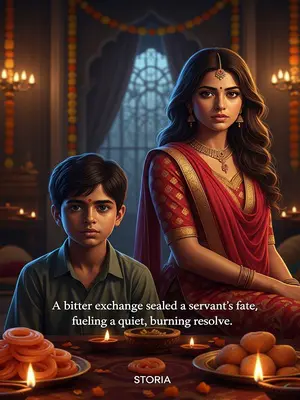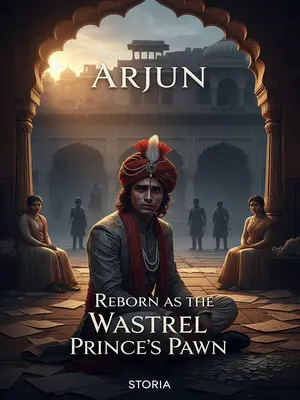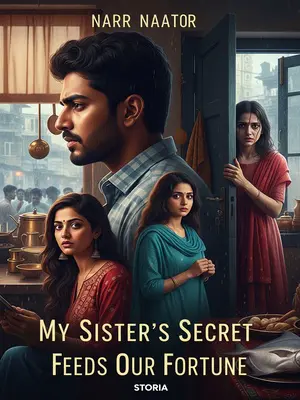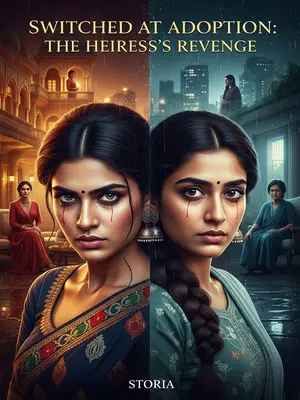Chapter 4: Sisters on the Gomti
When I heard one of the girls sold with me had been beaten to death by her master, I realised my luck. Survival itself felt like a miracle.
But change comes swiftly. At fourteen, I don’t know what mistake the master made, but the Sharma family was raided. All adults over fifteen were thrown into jail, except for daughters already married out. The police arrived before dawn—boots on gravel, harsh voices in the courtyard. Madam’s face was unreadable. In the chaos, I clung to Priya, her small hand sweaty in mine. They took everyone above fifteen, leaving only children and servants behind. Neighbours watched from behind curtains, eyes sharp with curiosity and fear. Our world turned upside down overnight, like a bad dream you can’t wake from.
The night before, madam called us into the storeroom, her voice soft but urgent. She returned our contracts and gave each of us a good sum. “This is all I can do for you, beti. Take your contract, take this money, and leave before dawn.” Some older maids wept openly. I tried to thank her, but words failed me. Even in her own ruin, madam thought of us.
By morning, everyone scattered. The house was silent. I stood at the gate, clutching my small bag, feeling rootless again. Priya—now Meera—clung to my kurta, confusion clouding her face. I resolved never to let her feel abandoned.
The house was confiscated. Priya could no longer be called by her old name, so I gave her a new one: Meera. I tied her hair with my own ribbon. She nodded, trusting me. In that moment, we became sisters in a way that blood alone cannot bind.
I was strong and unafraid of hardship. My childhood had taught me to survive on little. I could count coins, stretch dal into three meals, and I had learned to smile at the right people, keep my head down, eyes open. Hardship had taught me resilience. Now it was my shield.
I rented a small boat and started selling chai and snacks on the Gomti. The Gomti shimmered in the morning haze, boatmen shouting jokes, the air thick with the scent of frying samosas and incense from a riverside shrine. My chai was strong, my fish crisp, my aloo tikki spicy enough to make old babus wipe their foreheads. In winter, I served steaming stew, drawing customers from the chilly banks. Meera counted coins beside me, eyes bright. Sometimes the police would ask for a free cup, but I learned to smile and offer an extra snack. That’s how things worked in Lucknow.
After paying rent the first year, I actually made a good profit. Each coin I earned felt like a victory. I wrapped my savings in a faded dupatta and tucked it inside a tin Dabur Chyawanprash box beneath the Ganesh idol.
Rumours about the Sharma family’s fate drifted through the city. I visited the courthouse, waited in dusty corridors, hoping for news. Days turned to weeks, weeks to months. Meera and I clung to hope, even as uncertainty gnawed at us.
I sewed padded clothes and trousers, brought chai and food, and took Meera to visit her family in jail. She wore the new red kurta and pyjamas I made, clinging to my hand. The constable at the gate would nod, letting us in if I slipped him a samosa or a few rupees. “Bhaiya, aaj Meera ki chhoti si khushi ke liye... kuch kar dijiye.” He’d grumble, pocketing the snack, muttering, “Bas, jaldi karo.”
Inside, the prison was dark and reeked of filth. Meera clung to my hand, eyes wide. I crouched and whispered, “Main yahin hoon, Meera.” Her smile, though faint, carried me through.
